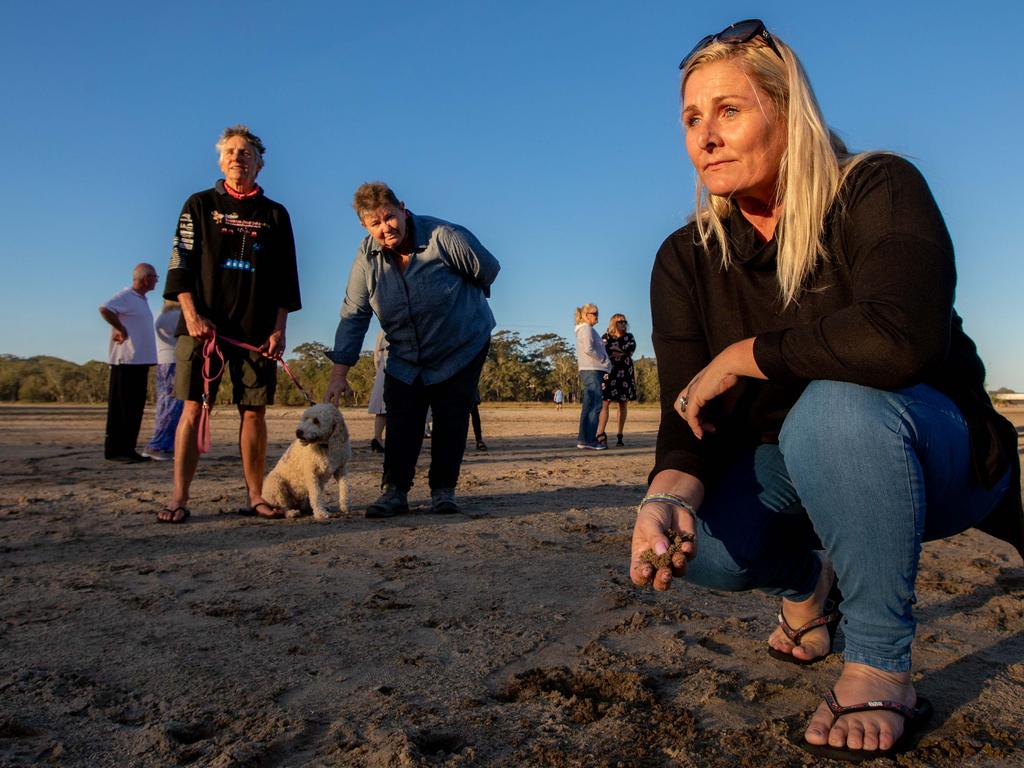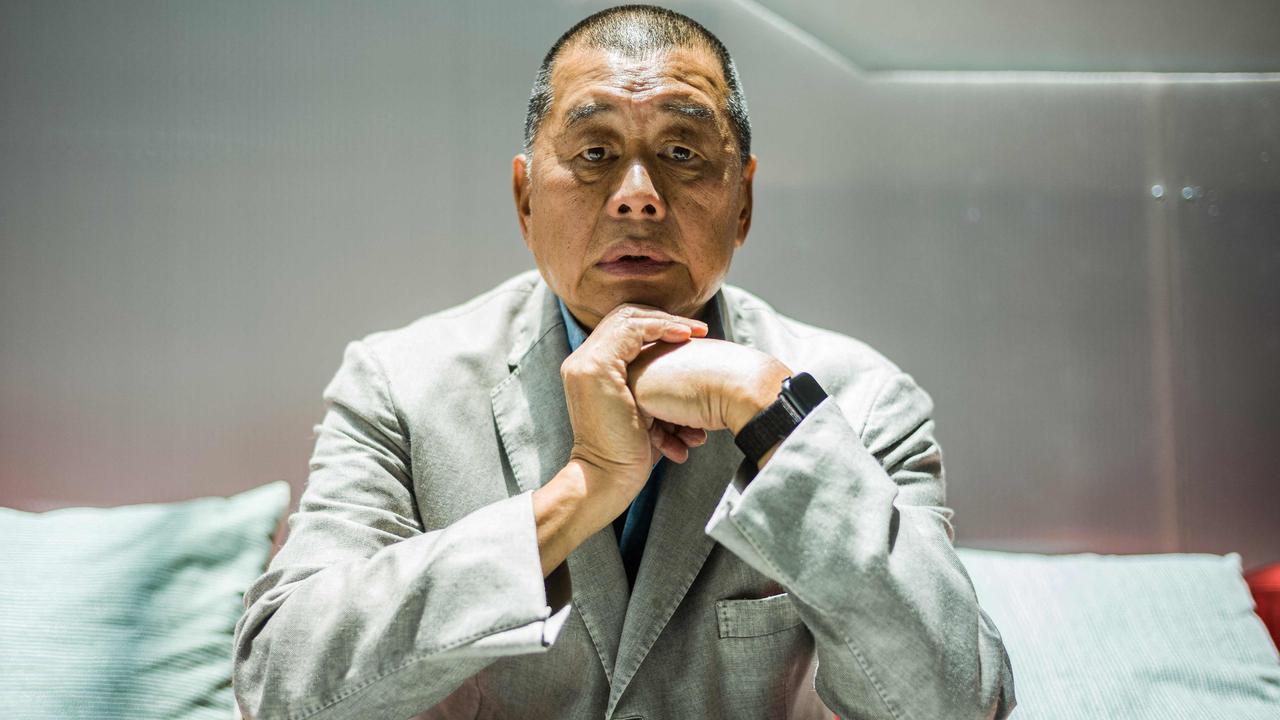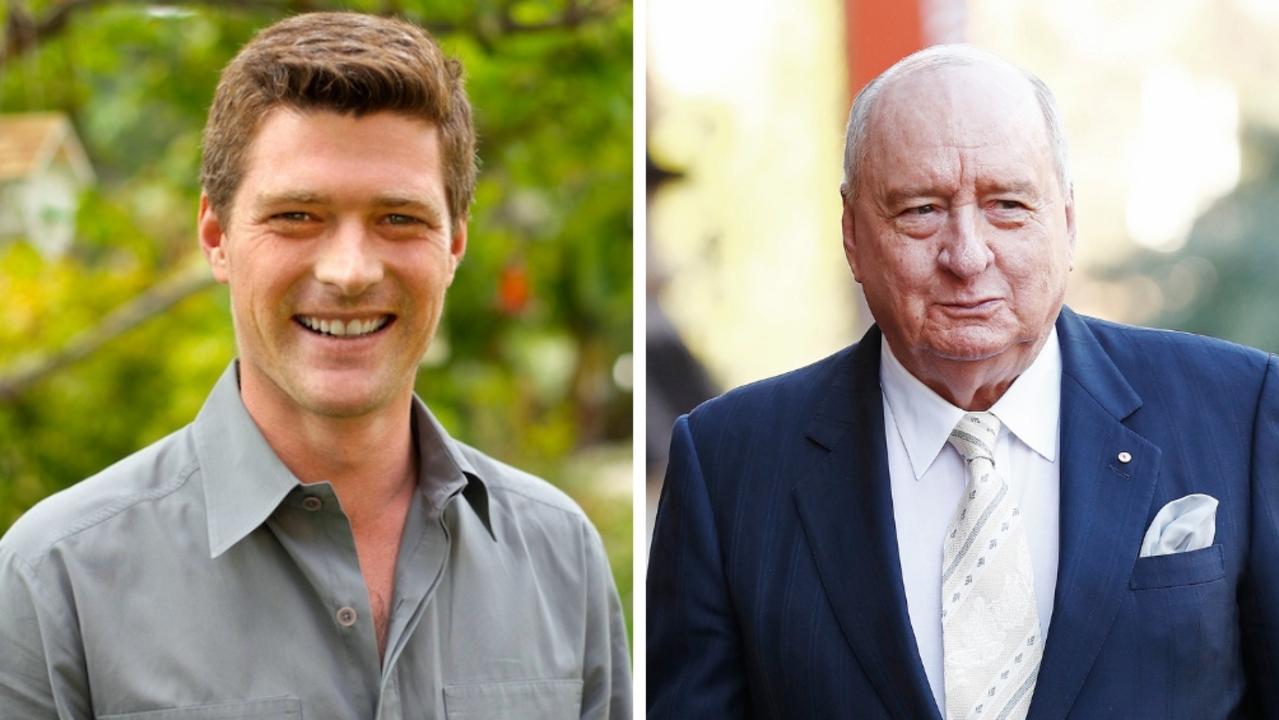Father, friend, farmer, and ‘classic journalist’: Ean Higgins farewelled
Journalist Ean Higgins, 62, has been remembered as one of the ‘toughest and most uncompromising journalists’ of his era.
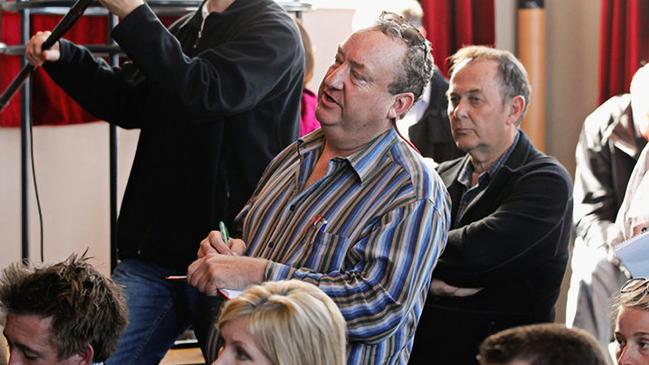
The life of Ean Higgins, a veteran journalist who worked for The Australian for three decades, was celebrated on Saturday at a memorial in Nimmitabel, a small town on the NSW Snowy Monaro region near where the award-winning scribe spent so much time on his beloved farm.
Last month, the NSW deputy coroner found Higgins died in non-suspicious circumstances when he disappeared in Sydney on July 8, 2020, aged 62.
More than four years after he went missing, Higgins’ loved ones and former colleagues gathered at the weekend to say their formal goodbyes.
Higgins’ career in journalism began at The Australian Financial Review as a graduate cadet in the mid-1980s, before he moved to The Australian’s Sydney newsroom in 1988. He enjoyed successful stints as the newspaper’s Europe correspondent, environment editor, industrial relations writer, foreign news editor, Sydney bureau chief, and rural reporter.
OBITUARY: Ean Higgins: The reporter who asked the tough questions
In 2019, Higgins authored The Hunt for MH370, about the Malaysia Airlines passenger jet that vanished in March 2014 and is believed to have crashed in the Indian Ocean with all 239 passengers on board.
Ean’s long time colleague, Helen Trinca, a senior editor with The Australian, wrote a tribute to her friend, which was read out at the service on Saturday by fellow journalist Joanne Gray.
“Ean was relentless in his questioning, and refused to be fobbed off by the formulaic ‘no comment’. He basically loved nothing more than a brawl with an unsuspecting bureaucrat,” Trinca said.
“He was one of the toughest and most uncompromising journalists I have met in many decades in the profession.
“At the same time, he was one of the gentlest and most courteous men I have known. This contradiction between the professional and the personal gave Ean a great dignity and charm and made him simultaneously certain and yet often vulnerable.”
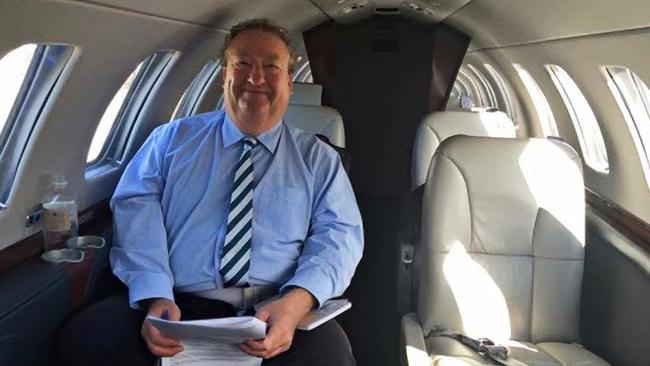
Trinca said one of Higgins’ favourite roles was as The Australian’s rural reporter, a job he was doing at the time of his death.
“He loved the bush and revelled in country stories … he joined his love of country with his love of words and he wrote some lovely pieces in that period.”
Gray said Higgins, whom she first met in the 1980s when they were both starting out in the media, was a “classic journalist”.
“He was a very kind, fun, generous friend. He was really great company. He cared about facts, he was curious, articulate, worldly, opinionated, and argumentative,” said Gray, adding that he was also the “master of a generous barbecue”.
“He was a classic journalist. A truly unique character who is so missed by all his friends.”
Higgins’ son, Ben, spoke movingly and honestly about his father, recalling his passion for journalism, his commitment to the pursuit of truth, and his many quirks.
“The most loving, funny, loyal and weirdest person I’ve ever known – my dad, Ean Higgins,” Ben told the congregation at St Peter’s Anglican Church in Nimmitabel.
“I struggled to understand him well into my teenage years, as he was so different to anyone I knew.
“I was embarrassed by him at times, particularly when I would be faced with a tsunami of newspapers when I’d open the car door at school pick up.
“But I would begin to learn the person he was, as we navigated 18 years together.”
Ben recalled that his father loved teaching, and how passing on knowledge came naturally to him – whether it was how to thread a worm on a fishing hook, how to drive a manual car, or how to write an essay on the rise of Stalinism in Russia.
When Ben was in year 10, he asked his father to speak to students at his school about journalism.
“The first and last thing he put on the screen in the classroom was in all caps: ‘SPEAK TRUTH TO POWER’,” Ben said.
“His commitment to not only advocating the core values of his profession, but acting by them every day, was clear.”
Higgins was also a pioneer – of sorts – according to his son.
“Dad was ahead of the curve on many things. He was very good at identifying a problem – but not quite as good at implementing a solution,” Ben said.
He told the story of how Higgins, when living in Bondi, would love to start his day with an early morning swim at the suburb’s famous beach. “But that left the obvious problem of how to get back up the daunting hill that is Bondi Road,” he said.
“Instead of catching public transport, a car, a motorbike, walking or running, Dad turned to what he saw as the solution to everything – a two-stroke engine.
“He bought a bespoke, state-of-the-art, two-stroke-enabled contraption of a bicycle. Yes, a bicycle with a two-stroke engine attached to it. It spluttered, clanged, popped and banged, but it would cart him up Bondi Road and down Oxford Street to The Australian’s office each morning with very minimal pedalling.
“It was ‘purrfect’, as Dad would say. If only he could see the e-bikes of today.”
On one of many father-and-son trips to visit relatives in North America, where Ean was born, the travelling party struck a problem at a campsite in Vancouver, which had been placed under a snap, citywide fire ban.
“Deciding that half a tank of petrol was cheaper than a $400 fine, Dad popped the bonnet of the rental car and slow cooked sausages and potatoes in the engine bay as it idled for three hours. Yum,” Ben recalled, with a smile.
Farmer John Alcock, who owned the neighbouring farm at Kallarroo, near Nimmitabel, remembered Higgins as an unusually cheerful farmer.
“Ean would have to have been the best-natured farmer I’ve ever met,” Mr Alcock said.
“It didn’t matter what went wrong – be it with the weather, or fences, or during a sheep muster – he’d just let go with that big laugh of his and say, ‘well, things can only get better’!”
Mourners left Saturday’s service to the strains of the Simple Minds hit, Don’t You (Forget About Me), one of Higgins’ favourite songs.
Vale, Ean.



